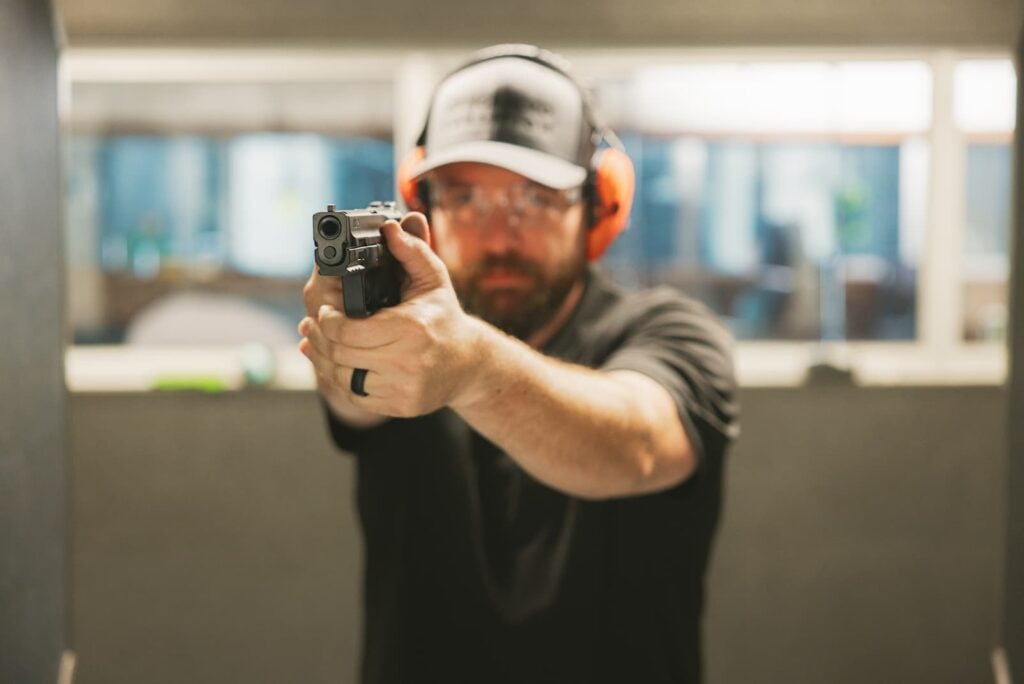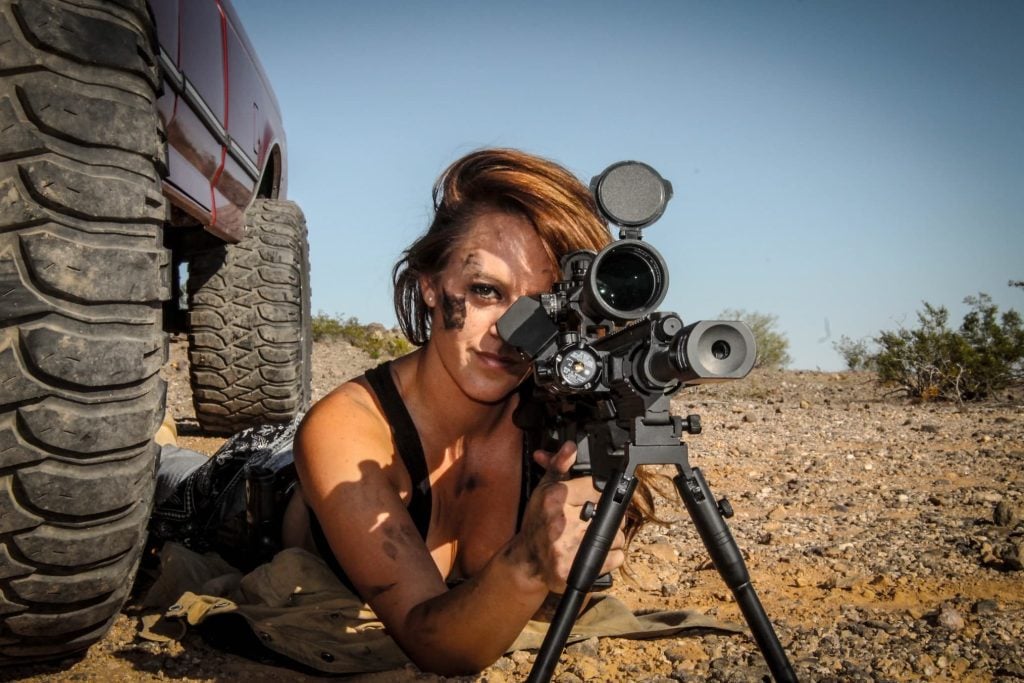Does Texas recognize constitutional carry?
As of September 1, 2021 Texans will be able to carry handguns without a license.
Is open carry permitted in Texas?
Beginning September 1, 2021, HB1927 made it legal in Texas for most people 21 or over to carry a handgun in a holster without a permit both openly and/or concealed. It's recommended that Texans should generally be licensed to carry handguns openly or concealed. Applicants must submit fingerprints, complete four to six hours of training and pass a written exam and a shooting proficiency test. Texas does not require a license to openly carry a rifle in public.
If Texas requires a license to carry a concealed firearm, how are those licenses issued?
Texas License to Carry a Handgun is issued on a non-discretionary (“shall-issue”) basis to all eligible, qualified applicants by the Texas Department of Public Safety.
What is the minimum age in Texas to get a concealed carry license?
You must be 21 (18 if a member or honorably discharged veteran of the U.S. military) to concealed carry in Texas.
Can you concealed carry weapons other than handguns in Texas with a concealed carry license (or under permit-less carry if applicable)?
Yes. Texas has no laws that restrict carrying rifles and shotguns, other than general gun prohibitions for a few people (including recent felons) and at at few places (such as K-12 schools).
Is it legal to own a taser or stun gun in Texas?
Texas doesn’t require a permit to have stun guns or Tasers, but these electronic weapons must be used in a legal way. The state of Texas does not regulate possession of stun guns or Tasers. There may be local regulations, however, and Texans across the state could face charges for using these weapons unlawfully.
Is it legal to buy or use chemical spray/pepper spray in Texas?
Yes, pepper spray and chemical spray is legal to carry and use in Texas.
Does Texas have magazine capacity restrictions for handguns?
No, Texas has no magazine capacity restrictions.
Does Texas have ammunition restrictions?
Texas Penal Code Section 46.05 (a)(2) prohibits armor-piercing ammo.









